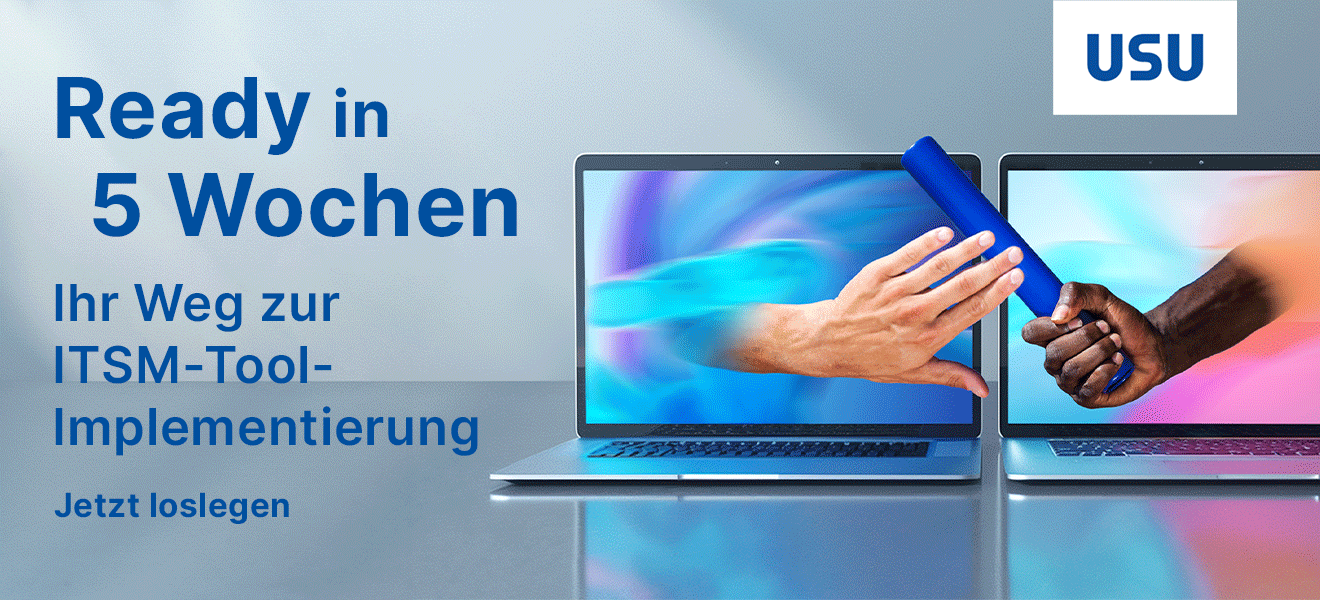In regelmäßigen Abständen erschüttern Korruptionsskandale die Öffentlichkeit und beschädigen das Image mancher Unternehmen und der Wirtschaft als Ganzes. Aber nicht nur die Reputation leidet – in vielen Unternehmen beeinträchtigen Korruptionsrisiken die Geschäftsentwicklung und lassen auch M&A-Transaktionen scheitern. Das belegen die Ergebnisse einer weltweiten Umfrage des Beratungsunternehmens AlixPartners zum Thema Anti-Korruption [1]:
- 90 % der befragten Unternehmen sehen ihre Branche einem Korruptionsrisiko ausgesetzt, 28 % schätzen es als »signifikant« ein.
- 32 % der befragten Unternehmen haben bereits Geschäftsbeziehungen zu Partnern und Dritten aufgrund eine Korruptionsverdachts abgebrochen
- 36 % haben eine Unternehmensakquisition verschoben oder verworfen
- 23 % der Befragten glauben, dass ihr Unternehmen schon einmal Geschäft an einen Mitbewerber verloren hat, der unrechtmäßige Zahlungen an die Regierung geleistet habe.
- In 75 % der Unternehmen gibt es ein dediziertes Antikorruptions-Programm. 25 % der Befragten geben an, dass ihr Unternehmen in den letzten fünf Jahren ein Antikorruptions-Programm eingeführt hat, in 67 % der Unternehmen wurden die entsprechenden Richtlinien im letzten Jahr überprüft und über die Hälfte der Unternehmen durchlief in den letzten 12 Monaten ein externes Compliance-Audit.
Günter Degitz, Managing Director bei AlixPartners kommentiert: »Unsere Umfrage hat deutlich gemacht, dass Unternehmen mittlerweile großen Wert auf die Einführung von Compliance-Programmen legen. Durch Präventionsmaßnahmen decken sie schon heute kritische M&A-Transaktionen oder Partnerschaften auf und beenden diese bei unangemessenem Risiko. Prävention ist aber kein Ersatz für nachhaltige Aufklärung von Missständen, Whistle-Blower-Hinweisen oder kritischen Ergebnissen interner Audits. Die nachhaltige Aufarbeitung geschieht leider allzu oft erst dann, wenn das Kind schon in den Brunnen gefallen ist, und Staatsanwaltschaft, Kartell- oder Aufsichtsbehörden, wie die BaFin ihre Ermittlungen anstrengen. Erforderlich wäre, dass Unternehmen die Voraussetzungen schaffen, bei kritischen Hinweisen Aufarbeitungsprozesse selbst anzustoßen, nachhaltig durchzuführen und eine effektive Remediation der Problembereiche sicherzustellen.«
Africa, Russia and the Middle East Pose Greatest Risks for Companies
Operating Across Regions, Say Respondents to AlixPartners’ Annual Anticorruption Survey
- 32 % of respondent companies have ended partner and third-party relationships;
- 36 % have delayed or cancelled an acquisition
AlixPartners, the global advisory firm, today released its 4th Annual Global Anticorruption Survey. The survey is intended to determine the impact of corruption on the global business environment and understand ways in which companies are preventing, identifying and addressing corruption risk. Respondents included corporate counsel and compliance officers representing over 20 major industries in Asia, Europe and North America.
Global Corruption: A Growing Concern
Ninety percent of survey respondents said they believe their industry is exposed to corruption risk, with 28 % saying they believe their industry faces »significant risk.« These numbers increased from last year’s survey when 85 % of respondents said their industry was exposed to risk, and 22 % felt the risk was »significant«.
Also on the rise is the perceived risk respondents believe they face when working within different regions. Respondents believe the regions that pose the most »significant risk« in terms of corruption are Africa (78 %), Russia (73 %) and the Middle East (68 %). The perceived threat for these regions has increased since last year’s survey when 59 %, 75 %, and 48 % said these regions posed »significant risk,« respectively.
Unfortunately, respondents aren’t optimistic that the risks in these regions will dissipate any time soon. About 80 % of respondents say that corruption laws in these countries and regions are ineffective, and 62 % believe there are locations where it is impossible to avoid corrupt business practices, with Africa (52 %), Russia (48 %), and the Middle East (41 %) topping the list.
Harvey Kelly, Managing Director and Global Leader of AlixPartners’ Financial Advisory Services practice, said: »Companies today are confronted by the reality of facing scrutiny for alleged misconduct in multiple jurisdictions. That prospect has become more evident particularly as the number of countries that have either adopted new laws or stepped up enforcement continues to expand. We have seen this trend in Brazil and China, for example, and based on our survey findings, the problem appears to be deepening in regions such as the Middle East.«
Corruption: Bad for Business
Although 64 % of respondents say their companies have not avoided doing business in a particular region due to the risk of corruption, companies operating across multiple countries and regions could still be deeply impacted by the many negative effects of corruption.
A record number of enforcement actions by the SEC potenzially show that corruption, fraud, and other misconduct remain legitimate problems for many companies globally. Aggressive enforcement, which now increasingly involves the use of sophisticated technology and data analytics tools, produced a record 807 enforcement actions and roughly $4.2 billion in sanctions in 2015. (Source: Securities and Exchange Commission press release, Oct. 22, 2015, www.sec.gov/news/pressrelease/2015-245.html)
Thirty-six percent of respondents say they have pulled out of or delayed an acquisition due to corruption risk, 23 % believe their company has lost business as a result of a competitor making illicit payments to a government official, and 32 % of respondents have ceased doing business with a business partner or counterparty due to corruption concerns.
»Given the dynamic and cross-border nature of risk, it is critical that companies maintain an active stance and be prepared to respond quickly when they detect a problem. Beyond the reputational and financial costs associated with a potenzial regulatory inquiry a company may face, comes the disruptive nature of corruption on a company’s business. It may be difficult to measure the financial implications of delaying an acquisition or having to find new counterparties due to corruption; however, not taking these actions and potenzially inviting a regulatory inquiry can be even more detrimental to a company’s ability to achieve business and strategic objectives« said Kelly.
Anticorruption Policies: Opportunities and Challenges
Most respondents (75 %) indicated their companies have anticorruption programs in place that are distributed to all employees. Twenty-five percent of respondents have implemented an anticorruption program in the past five years, 67 % have reviewed their policies within the last year and over half have received a third party assessment of their compliance programs within the last 12 months.
When asked which practices their companies have implemented to reduce risk, internal audits (44 %), anticorruption compliance policies (43 %) and anticorruption training for employees (42 %) were seen as the most effective measures, with respondents saying these measures are »highly successful«.
Whistleblower programs also remain a key tool in identifying and dealing with corruption risk: 66 % reported having a whistleblower hotline, and of those companies with a hotline, 27 % have received a tip from the hotline in the past 12 months, up from 20 % in AlixPartners’ survey in 2015.
When asked about challenges in their companies’ anticorruption and compliance programs, the most frequent response cited was doing business in a high-risk region, with 78 % citing this as being very, or somewhat challenging. Respondents were also concerned about variations in local country laws, such as date and privacy laws (76 %), and due diligence on third party and other business partners (76 %).
As with any industry, technology and data present real challenges for compliance and regulatory issues. Respondents indicated that ensuring the security of data (76 %), dealing with local data protection laws (77 %) and lack of IT experience (52 %) are either very or somewhat challenging, and represent their biggest challenges to conducting cross-border investigations.
»Technology is changing not only how companies do business, but the ways in which regulators are able to scrutinize corporate activities. Regulators such as the SEC are using algorithms to monitor for potenzial compliance infractions,« said Kelly. »Companies need to recognize this change in the regulatory landscape and look for opportunities to utilize technology to improve their own compliance function’s ability to monitor and detect potenzial issues.«

